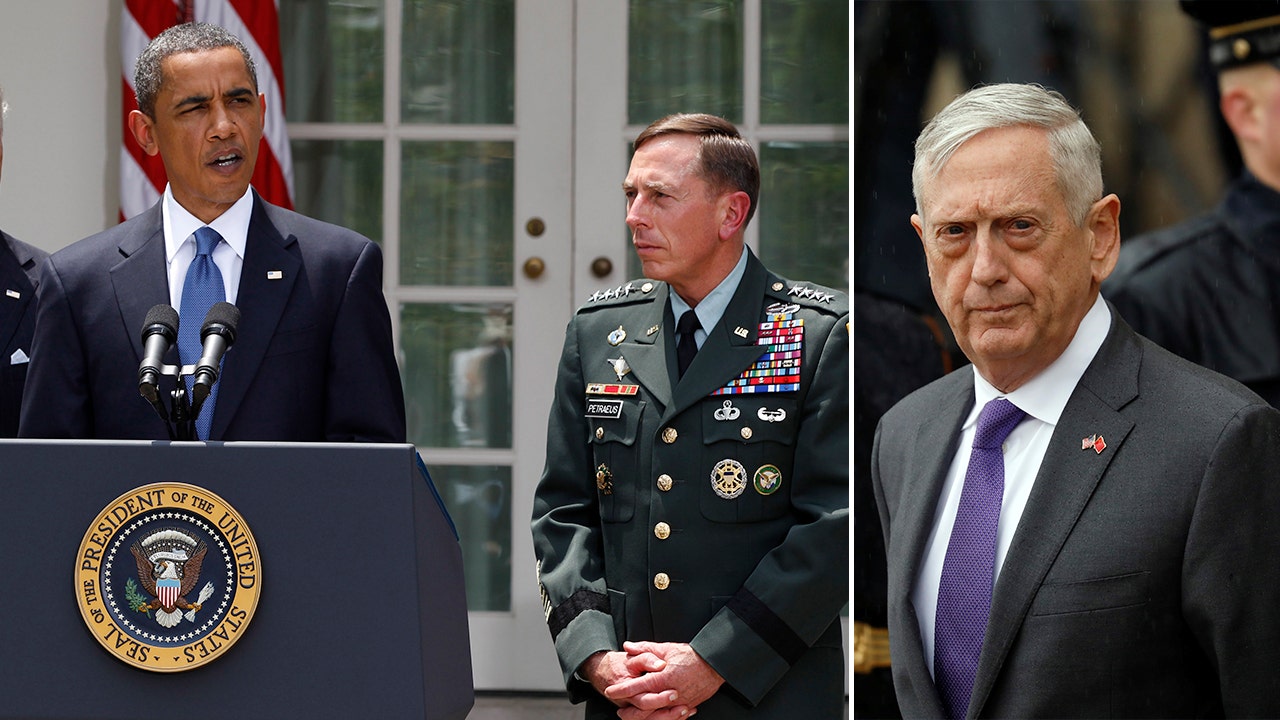Obama fired high-level military leaders, now Trump and Hegseth are set to do the same

Rumors have been circulating this week that Secretary Pete Hegseth is preparing a list of top Pentagon brass for removal, but this is not the first time an administration has cleaned house in the military ranks to align with new political goals.
In 2009, just five months into office, President Barack Obama made the bold decision to relieve Army Gen. David McKiernan as the commander of U.S. forces in Afghanistan. This marked the first time a wartime commander had been dismissed since Gen. Douglas MacArthur in 1951. McKiernan was replaced by Gen. Stanley McChrystal, who had previously led special operations forces in Iraq. The decision was made on the advice of Defense Secretary Robert Gates, who believed that \”fresh eyes\” were needed in the ongoing conflict in Afghanistan.
Shortly after taking command, McChrystal gave a speech in London advocating for a military buildup in Afghanistan, which aligned with Obama’s decision to deploy 33,000 additional troops to the region. However, McChrystal’s tenure was short-lived as he resigned after reportedly making disparaging remarks about White House officials. He was replaced by Gen. David Petraeus.
Obama also made the decision to fire Gen. James Mattis as head of U.S. Central Command due to disagreements over the withdrawal from Iraq. Mattis had recommended retaining a residual force in the region, but Obama opted for a more rapid withdrawal.
Throughout Obama’s presidency, there were reports of tension between the White House and the military. Some generals felt that the administration wanted the military to be \”seen and not heard.\” In his memoir, former Defense Secretary Gates blamed Vice President Joe Biden for souring Obama’s relationship with the military.
In subsequent years, there were more high-profile dismissals in the military ranks. Rear Adm. Charles M. Gaouette was removed as commander of an aircraft carrier strike group over allegations of inappropriate leadership judgment, and Gen. Michael Flynn was fired as head of the Defense Intelligence Agency for insubordination.
The Obama administration’s decisions to slim down the armed forces and implement social policies protecting minority groups were met with both criticism and support. Some believed that the troop drawdowns in Iraq and Afghanistan contributed to the rise of ISIS, while others saw Obama as a Nobel Peace Prize winner leading a reorientation of U.S. foreign policy.
As rumors swirl about Secretary Hegseth’s alleged list of generals and admirals to be fired, it’s clear that reshuffling top military brass is not a new phenomenon in Washington. While these decisions may be controversial, they reflect the ever-evolving relationship between the military and political leadership.




